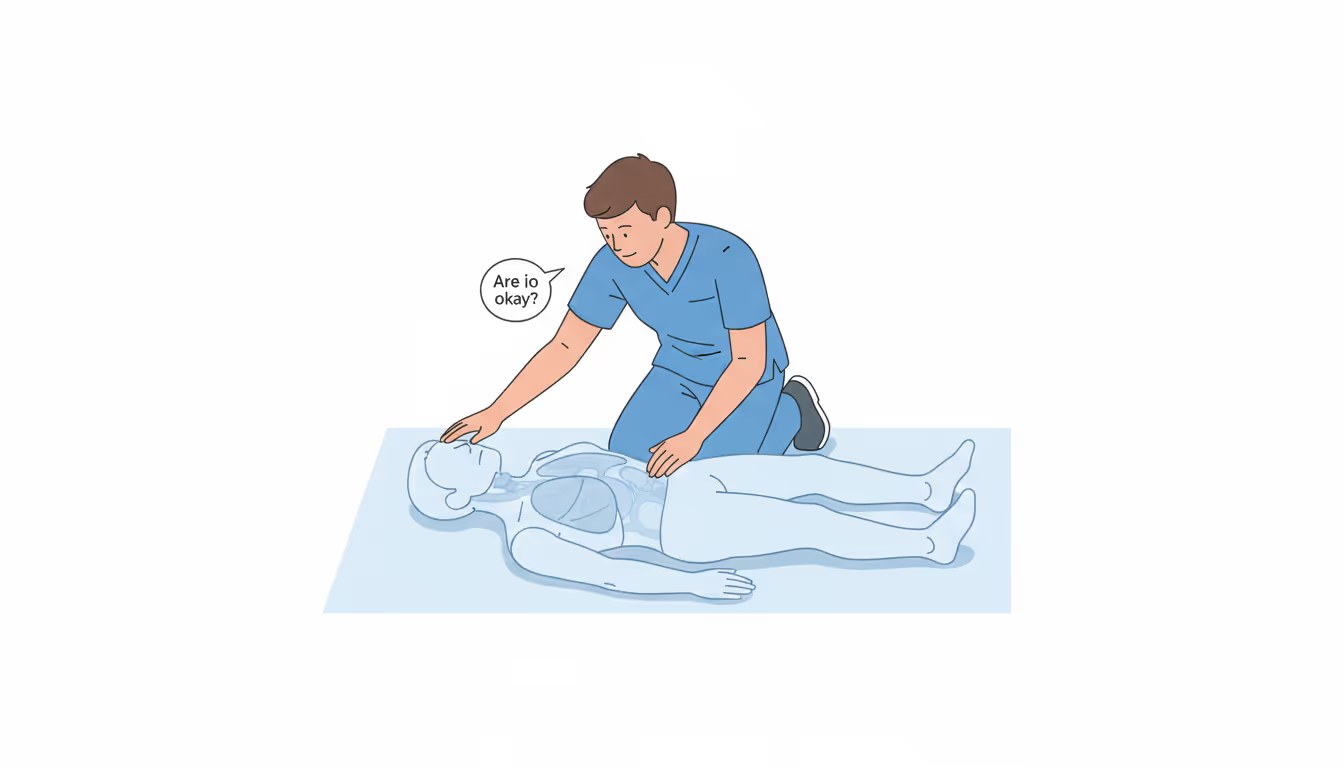
Terminal ileitis is a chronic inflammatory condition that affects the intestine, specifically targeting the terminal part. Although Crohn's disease primarily impacts the small and large intestines, it can manifest anywhere along the digestive tract, from the mouth to the anus. The condition is named after Burrill Crohn, who first described it in 1932. Crohn's disease is frequently diagnosed in individuals during their teenage years or early twenties. It is a long-lasting condition characterized by alternating periods of remission and flare-ups. Initially, it causes small, shallow crater-like erosions known as aphthous ulcers on the inner surface of the bowel. Over time, these ulcers can deepen and enlarge, leading to scarring and rigidity of the bowel, which may narrow and become obstructed. Severe ulcers can create perforations in the bowel wall, resulting in infections such as peritonitis and affecting nearby organs. Symptoms may include abdominal pain, diarrhea, vomiting, fever, and weight loss. Crohn's disease can also be linked to tender, red skin nodules and inflammation of the joints, spine, eyes, and liver. Diagnosis typically involves endoscopy, barium X-rays of the small intestine, and imaging scans. Treatment options include anti-inflammatory medications, immune suppressants, antibiotics, and sometimes surgery.




